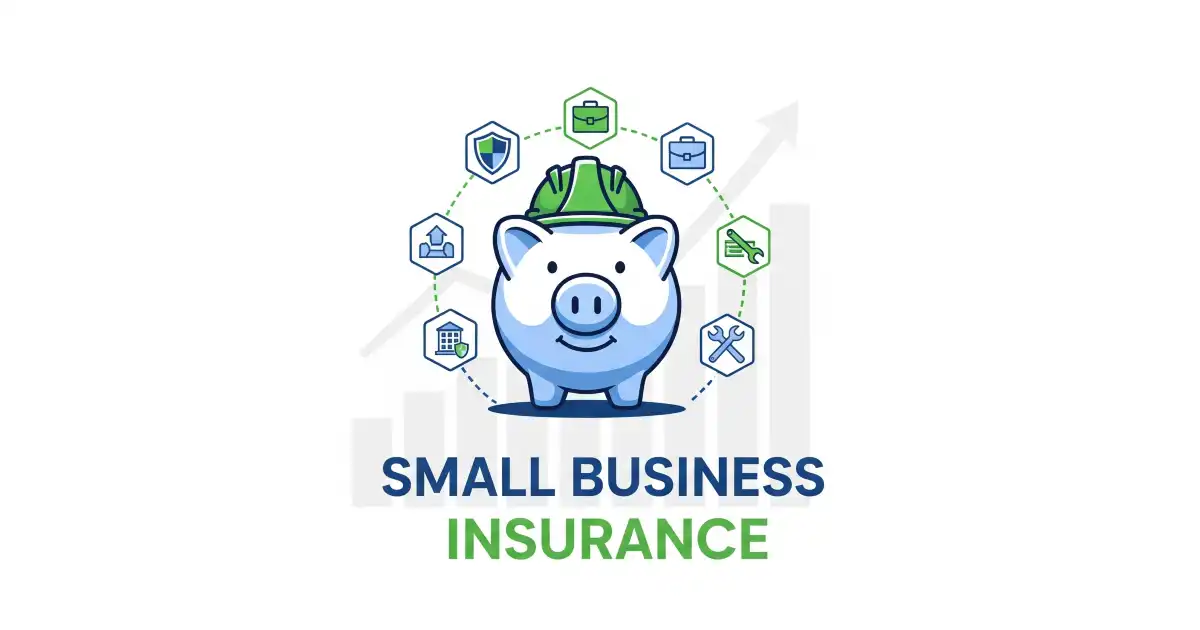Running a small business comes with opportunities and challenges. While growth and profits are the goals, risks such as lawsuits, property damage, or employee injuries can set back your progress. That is why choosing the right insurance policies is crucial for every small business owner. The right coverage not only protects your business assets but also ensures long-term stability and peace of mind.
Why Small Business Owners Need Insurance
Small businesses often face financial challenges when unexpected events occur. Without insurance, even a single claim or accident can put the entire business at risk. Insurance helps cover legal costs, damages, medical expenses, and other liabilities that could otherwise drain your finances. It also builds credibility with clients and partners, showing that your business is responsible and prepared.
Types of Insurance Every Small Business Should Consider
1. General Liability Insurance
This is one of the most important policies for small business owners. It protects against claims of bodily injury, property damage, and advertising mistakes. For example, if a customer slips in your store and gets injured, general liability insurance helps cover medical expenses and legal fees.
2. Property Insurance
Whether you own or lease a workplace, property insurance is essential. It covers damage or loss of your office, equipment, inventory, or furniture due to fire, theft, or certain natural disasters. Without this policy, recovering from property damage could be extremely costly.
3. Workers’ Compensation Insurance
If you have employees, most states require workers’ compensation coverage. It provides benefits for medical treatment, disability, and lost wages if an employee gets injured or sick while working. This not only protects workers but also shields your business from expensive lawsuits.
4. Professional Liability Insurance
Also known as errors and omissions insurance, this policy protects service-based businesses from claims of negligence, mistakes, or failure to deliver promised services. It is especially important for consultants, accountants, lawyers, and other professionals.
5. Business Interruption Insurance
Unforeseen events such as fires, floods, or natural disasters can disrupt business operations. Business interruption insurance helps cover lost income and operating expenses during the downtime, making it easier to recover and reopen quickly.
6. Cyber Liability Insurance
With the rise of online transactions, cyberattacks and data breaches are major threats. Cyber liability insurance protects against costs related to data loss, hacking, and privacy breaches. For businesses handling sensitive customer information, this policy is becoming essential in 2025.
7. Commercial Auto Insurance
If your business owns vehicles, commercial auto insurance covers accidents, damages, and liability arising from business-related driving. Personal auto policies usually do not cover commercial use, so a separate policy is necessary.
How to Choose the Right Insurance Policy
- Assess your business risks and industry requirements.
- Compare policies and quotes from multiple insurance providers.
- Look for insurers with a strong claim settlement history.
- Consider bundling policies for cost savings.
- Review your coverage annually and update as your business grows.
Final Thoughts
Small business owners cannot afford to overlook the importance of insurance. The right combination of policies safeguards your employees, customers, and business assets from unexpected risks. While the cost of premiums may seem like an additional expense, the protection it provides ensures that your business remains strong even in difficult times. Investing in insurance is ultimately investing in the future of your business.



